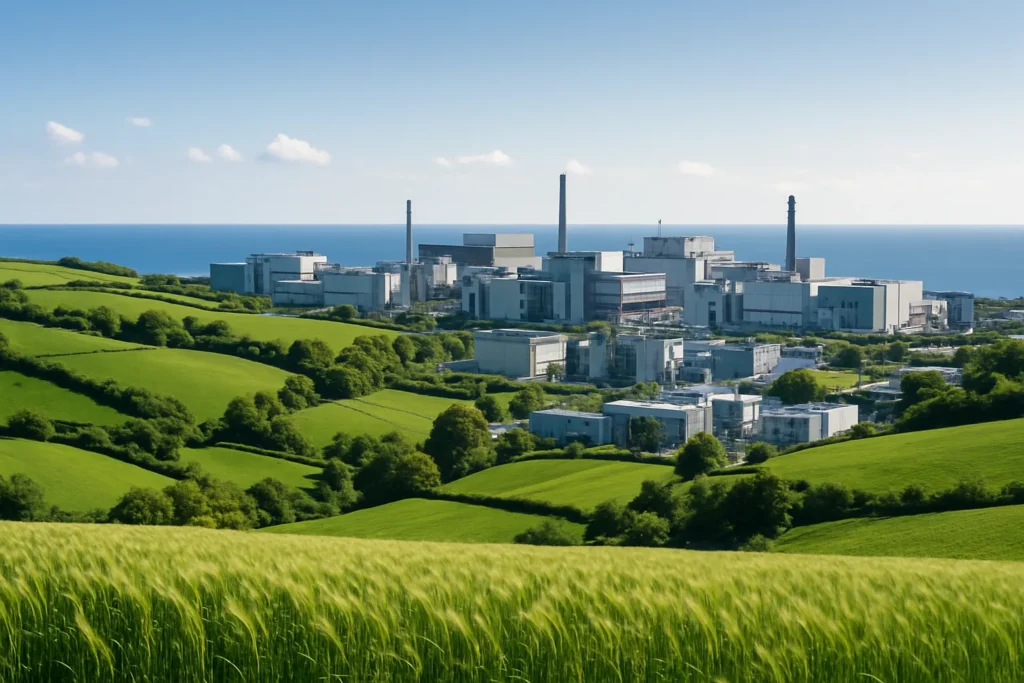The Great March Surge: Pharma Exports and Tariff Panic
Every so often, a line on a spreadsheet explodes into a headline that reveals the anxieties coursing through the veins of global commerce. This March, such was the case for Ireland, where the value of exports to the United States soared by an eye-popping 394.9% from a year earlier, largely due to America’s unpredictable trade policy under President Donald Trump. As companies scrambled to move goods—especially pharmaceuticals—into the U.S. ahead of looming tariffs, Ireland found itself at the nexus of an international economic storm.
Irish pharmaceutical exports didn’t just rise—they ballooned more than 240%, hitting an unprecedented €23.6 billion for March alone. These numbers, released by Ireland’s Central Statistics Office, tell a tale of preemptive action rather than organic demand. Far from a sign of sudden American consumption, this was a frantic stockpiling exercise, as multinational firms maneuvered to protect profits from Trump’s threatened “Liberation Day” tariffs, originally scheduled for April then postponed to July. In a single month, nearly 70% of all Irish exports—food, medical equipment, high-tech machinery, and, most dramatically, pharmaceuticals— headed stateside. That’s not trade as usual; it’s crisis management by the container-load.
The scale is staggering. Irish exports of medical and pharmaceutical products more than doubled in the first three months of 2025 compared to the same period in 2024—an increase of 154%, almost €56 billion. For a nation whose economic health is entwined with foreign direct investment and export-led growth, these figures feel more like triage than triumph.
Beneath the Numbers: Trump’s Tariffs and the Politics of Protectionism
What, exactly, drove this mad dash? The answer lies in a collision between policy and practicality. President Trump’s renewed interest in tariffs—a blunt weapon wielded in service of economic nationalism—has repeatedly rattled European partners. In March and April, the “Liberation Day” measures threatened up to 20% tariffs on chemicals, aviation, and medical goods, casting a long shadow over transatlantic trade.
A closer look reveals how conservative protectionist policies frequently unleash a cascade of unintended consequences. Ireland, with a famously open economy and substantial U.S. corporate presence, has become particularly vulnerable to Washington’s whims. According to Harvard economist Laura Tyson, “Disruption like we’ve seen this year doesn’t happen in a vacuum. The message from the White House has been unpredictability itself.” Companies, desperate for certainty, loaded American warehouses with months’ worth of supply, warping Ireland’s trade figures into an unsustainable, artificial spike.
Such stockpiling isn’t a new phenomenon. Trade historians recall similar patterns in the Hollywood films export surge of the 1930s, when U.S. studios shipped reels en masse before import restrictions. Yet today’s parallel comes with higher stakes: pharmaceutical flows aren’t just about profit; they’re about lives, health, and the structural integrity of entire economies.
“For Ireland, this export spike is a double-edged sword. On paper, it looks like a boom; in practice, it’s evidence of fragility in the face of tariff fear-mongering.” The trade surplus for March reached a whopping €23.4 billion, more than 28 times the increase in imports. At first glance, this might trigger pride. But as Ebury’s Ireland chief Robert Purdue has cautioned, “When the rules can change overnight, no surplus offers real security.”
Companies didn’t want to gamble on whether their medicines would be penalized in a new wave of tariffs. They paid for certainty—by inundating U.S. warehouses with Irish pharma, medtech, and machinery, all in a desperate bid to stay ahead of the next tweet from the West Wing.
Europe, for its part, has attempted to present a united front. But Trump’s repeated criticisms of the EU, coupled with Ireland’s sharp rise in trade surplus with the U.S., has sharpened the country’s bullseye in the crosshairs of tariff retaliation. Experts worry that Ireland, despite its agility, won’t slip past the net of future American trade crackdowns.
Resilience or Overexposure? Ireland’s Trade Gamble on the World Stage
No one can deny that Ireland’s export sector showed remarkable agility under pressure from shifting U.S. policy. Still, the March export numbers raise thorny questions about the risks of economic over-concentration and political dependency. As nearly 70% of all goods shipped out of Ireland in March were bound for the United States, diversification wasn’t just ignored—it was actively reversed.
Is this sustainable? Progressive economists caution against mistaking vulnerability for vitality. Historically, Ireland has thrived as Europe’s open gateway for American business: pharma giants like Pfizer and Johnson & Johnson have made Dublin their European base for years, lured in part by favorable tax policies. Yet, as global tensions flare, these same strengths become pressure points. When one nation can so drastically impact the fortunes of another, the limits of globalization become painfully clear.
Beyond that, the lurch toward protectionism risks stoking broader instability. According to a recent Pew Research Center report, protectionist policies worldwide have so far failed to deliver promised job returns domestically, while instead triggering inflation and volatility in supplier nations. For Ireland, reliance on American markets makes it susceptible not just to tariff threats but to any political headwind blowing from Washington.
A policy rooted in confrontation rather than collaboration leaves small nations especially exposed. Responsible leadership requires recognizing that an interconnected world is not a weakness, but a necessity for collective well-being. As Sinéad O’Brien, trade policy fellow at University College Dublin, puts it, “Ireland’s export boom is testament to our adaptability. But true resilience means diversification—not ever-deeper dependence on a single, increasingly hostile trading partner.”
What’s next? Irish officials are pressing for transatlantic dialogue, while also signaling a hard look at Asian and other European markets. Yet the lesson is clear: while stockpiling can buy time, only a truly progressive vision—anchored in equity, openness, and international cooperation—can inoculate economies against the shocks of protectionist posturing and tariff brinkmanship.

